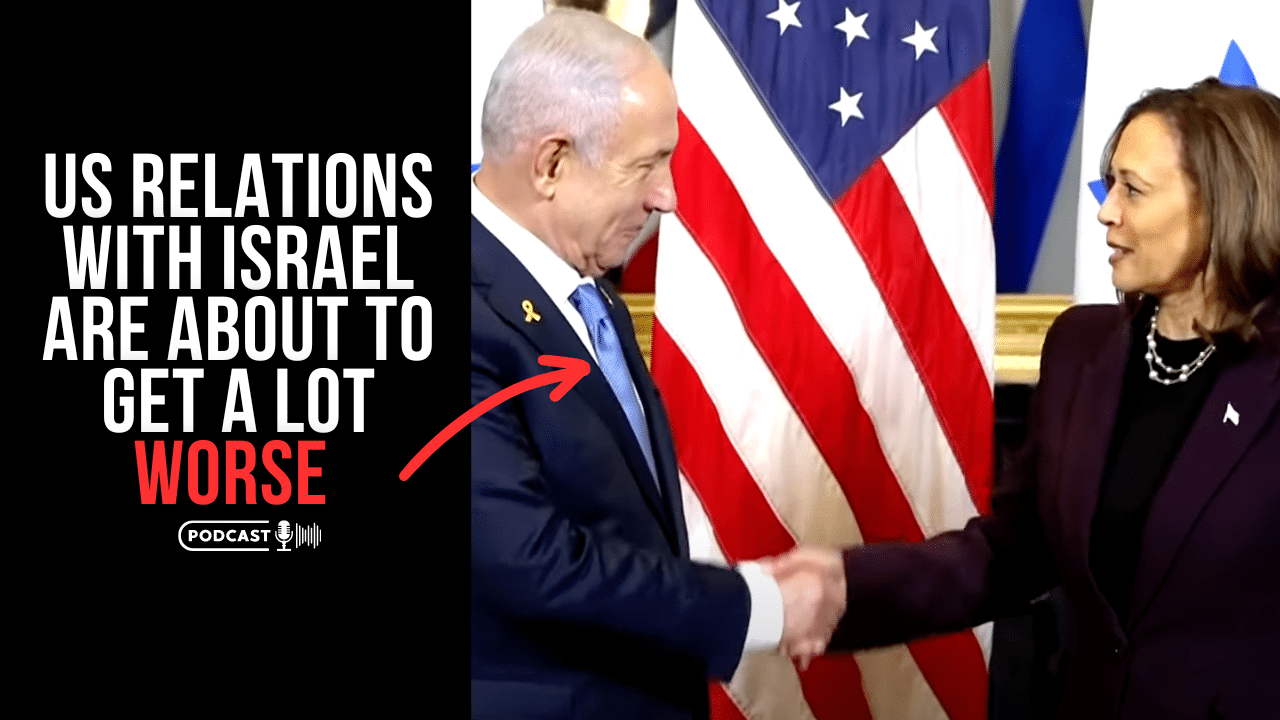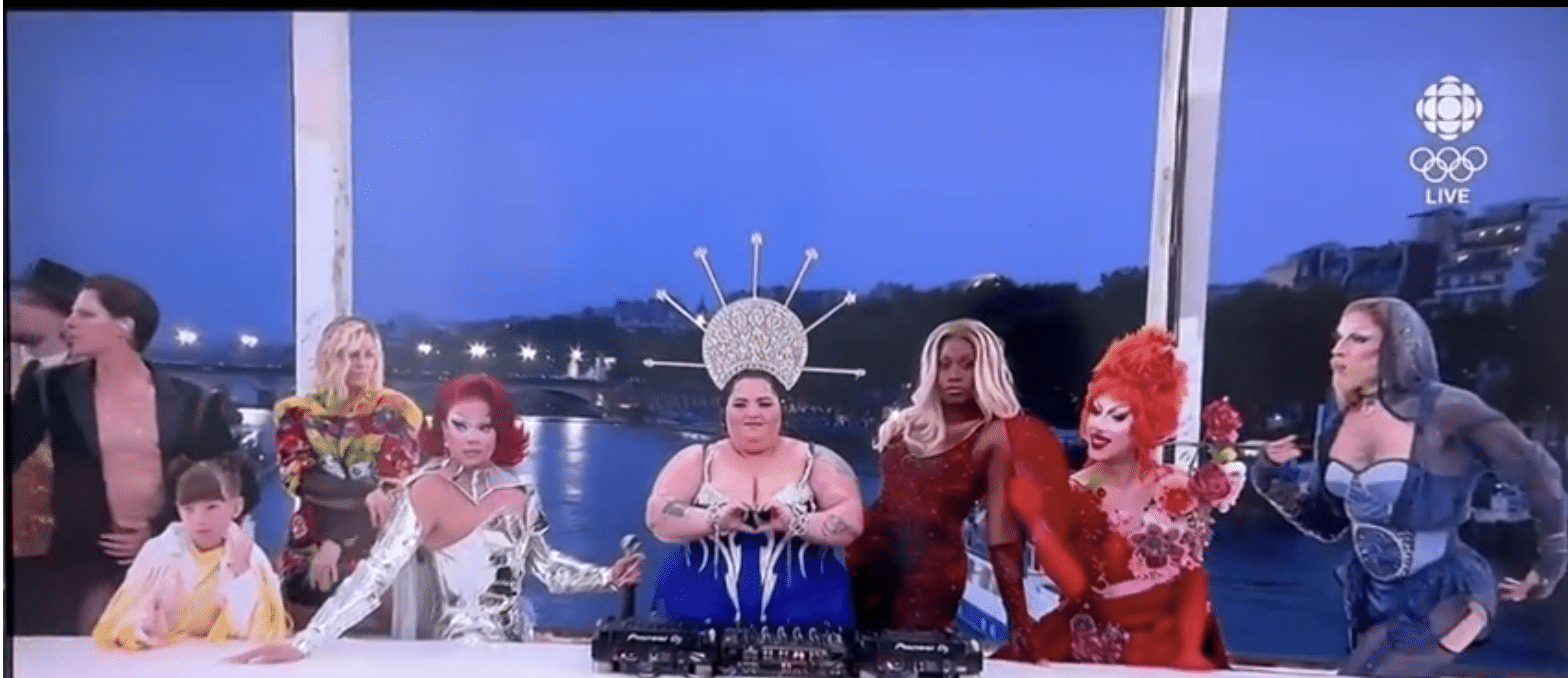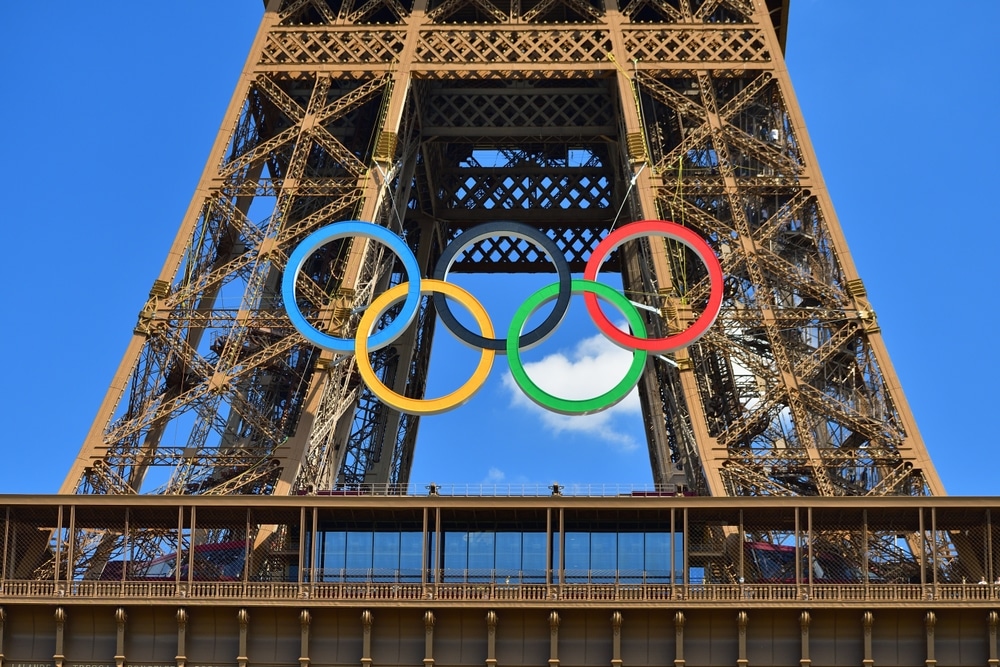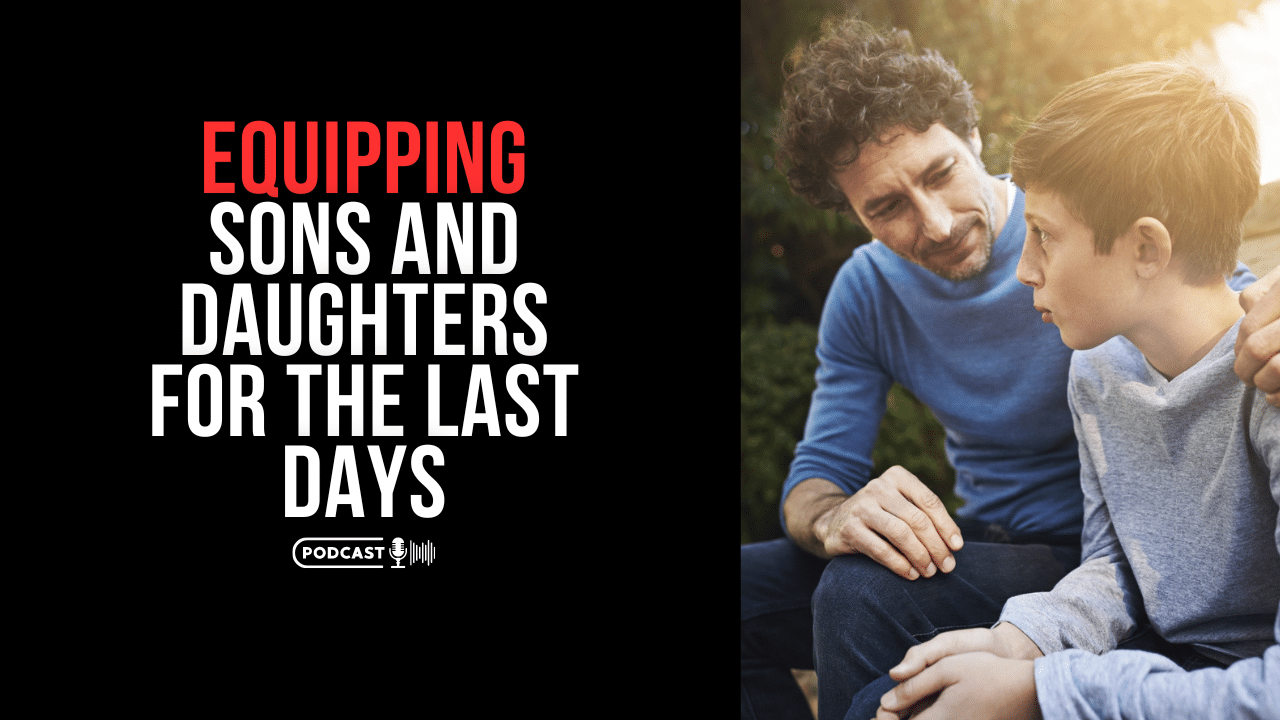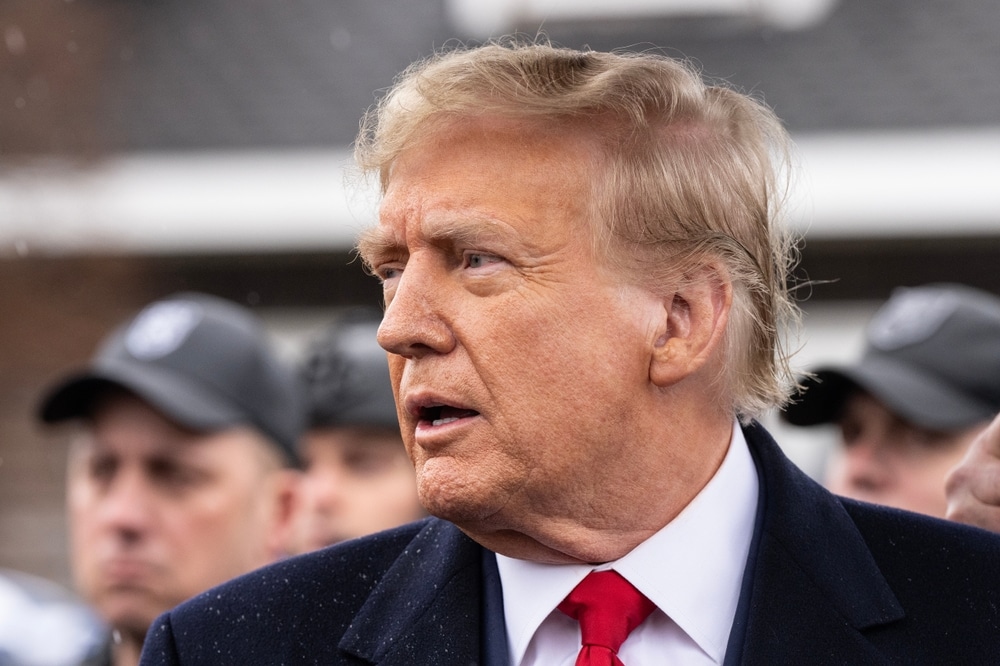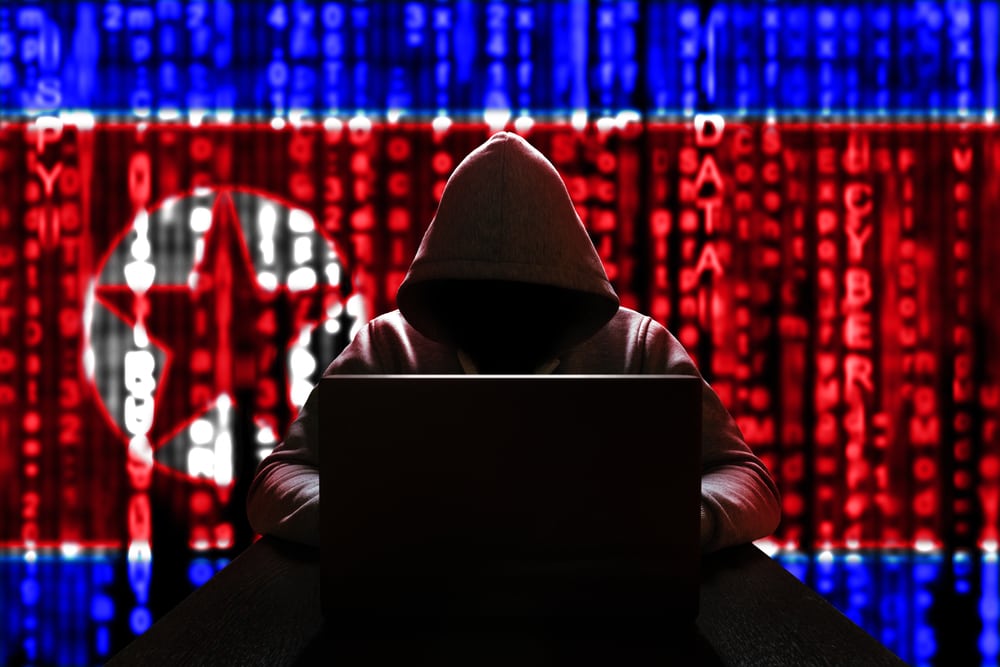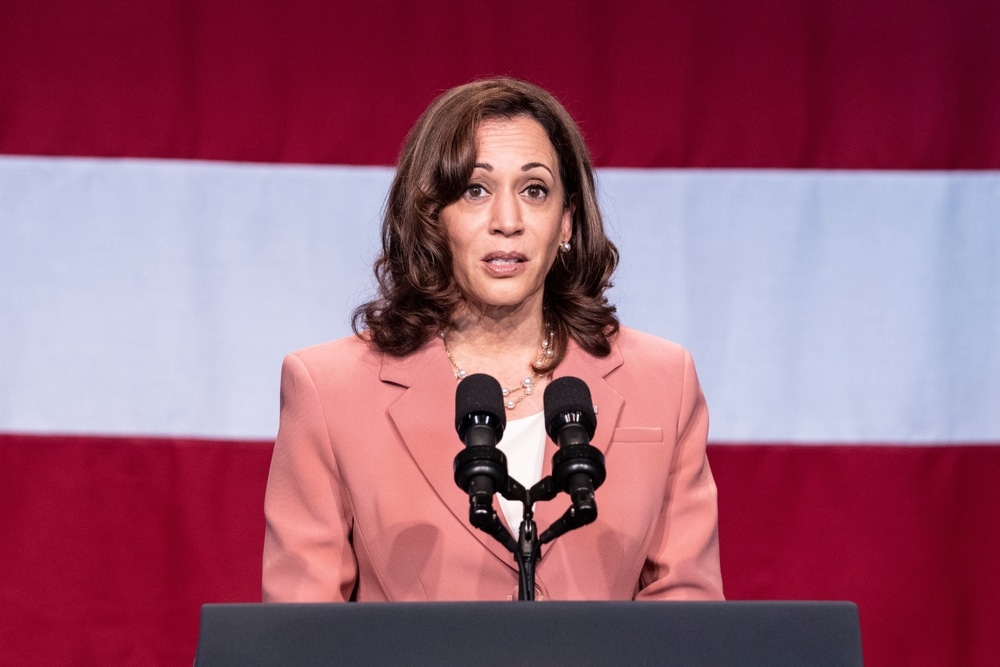(OPINION) American democracy seems to be teetering on the brink of collapse, and writer/director Alex Garland exploits that feeling for unbearably despairing suspense and censure with Civil War, a vision of a near-future in which the United States is no longer united.
Less interested in devising one-to-one parallels with our present than in laying bare the catastrophic consequences of the division, hatred, and apathy that currently run amok from coast to coast, the Annihilation and Men auteur’s latest, in theaters April 12, is a portrait of individual and societal breakdown that plays like a companion piece to his 28 Days Later, except that this time around the vicious monsters are all of us.
Spearheaded by a poignant Kirsten Dunst performance and rife with harrowing, pulse-pounding set pieces, it’s a towering genre film about a not-so-fanciful end times—one that both understands and proves the peerless power of the visual image.
In a New York hotel room, acclaimed war photographer Lee (Kirsten Dunst) watches the country’s president (Nick Offerman) proclaim, not very convincingly, that a great government victory over the secessionist Western Forces campaign led by California and Texas is on the horizon.
Outside, explosions boom, and as she lies in a bathtub, her face in her hands, Lee recalls some of the numerous unforgettable examples of man’s cruelty from her globe-trotting career.
What once was distant and foreign, however, is now commonplace at home, as is reinforced when she and her journalist partner Joel (Wagner Moura) cover a city event that turns fatal, and which compels Lee to instinctively save the life of Jessie (Cailee Spaeny), an aspiring photojournalist whose naivete is a grave threat to her safety.
In a reporter-inundated lobby, Lee and Joel are cajoled by colleague Sammy (Stephen McKinley Henderson) into confessing the nature of their next mission:
They plan to travel to Washington, D.C., to attempt to interview the commander-in-chief before the gaining-traction insurrectionists unceremoniously depose him. Sammy tells them that this means certain death since the destabilized government is killing visitors on sight (including journalists, who are viewed as collaborators).
Nonetheless, he, too, is enticed by the promise of such an unparalleled scoop, and he persuades them to let him join their party. This rankles Lee, whose jadedness knows no bounds.
On the morning of their departure, she’s further angered by Joel’s decision to allow Jessie (an avowed Lee fan) to tag along, thus adding a babysitting element to their already perilous journey.
Because Philadelphia is a no-go zone, Lee and company embark on a circuitous route that takes them to the capital by way of Pittsburgh, West Virginia, and the “front lines” of Charlottesville.
That city’s key role in this story is one of many instances—like the revelation that Offerman’s leader is in his third term and has dissolved the FBI—in which Civil War alludes to today without drawing direct comparisons.
Nonetheless, the specter of a forthcoming Trumpian takeover and the bedlam it might inspire is everywhere in Garland’s film, and the subtlety with which the writer/director evokes connections between his make-believe nightmare and a possible real-life one lends the material its haunting terror.
So too, does the authenticity with which he stages his action; from a showdown with a sniper to an all-out battle in the streets of D.C., the proceedings present a disturbingly recognizable world in which everything—people, structures, dreams, ambitions, and loyalties—is fragile, and constantly at the mercy of explosive, uncontrollable forces. (READ MORE)



